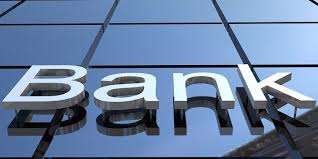On Tuesday, the Nigerian Senate conducted the first reading of a bill aimed at amending the Nigerian Data Protection Act of 2023.
This amendment intends to require major social media platforms—including Facebook, X (formerly Twitter), Instagram, WhatsApp, YouTube, TikTok, and independent bloggers—to establish physical offices within Nigeria.
The proposed legislation is titled “A Bill for an Act to Amend the Nigerian Data Protection Act, 2023, Mandating the Establishment of Physical Offices within the Federal Republic of Nigeria by Social Media Platforms, and for Related Matters, 2025.”
Senator Ned Nwoko, a representative from Delta State, introduced the bill, which was first presented on November 21, 2024.
In addition to requiring social media platforms to set up physical offices in Nigeria, the bill also aims to regulate bloggers operating in the country, proposing that they establish verifiable offices in any state capital.
The proposal suggests that bloggers should set up verifiable offices in any capital city of Nigeria, keep accurate employee records, and become members of a recognized association based in Abuja.
During the Senate discussion, Nwoko emphasized Nigeria’s substantial digital footprint, citing a report from Global Web Index that was shared by Business Insider Africa.
With a population exceeding 200 million, Nigeria holds the second position worldwide in social media engagement.
Nwoko contended that the establishment of local offices is long overdue, pointing out that their absence leads to challenges such as inadequate local representation and obstacles for users and businesses trying to interact directly with these platforms.
Senate President Godswill Akpabio recognized the potential advantages of having social media platforms set up local offices, especially in enhancing regulatory oversight and ensuring compliance.
However, Akpabio cautioned against the regulation of bloggers, highlighting the need for protection.
“Having an address is advantageous, but bloggers operate differently. The ideal course of action is to have the bill undergo a second reading, followed by a public hearing to clarify its details,” Akpabio stated.
He stressed that the purpose of the bill is not to stifle social media, but to enhance taxation and record-keeping for digital platforms in Nigeria.











